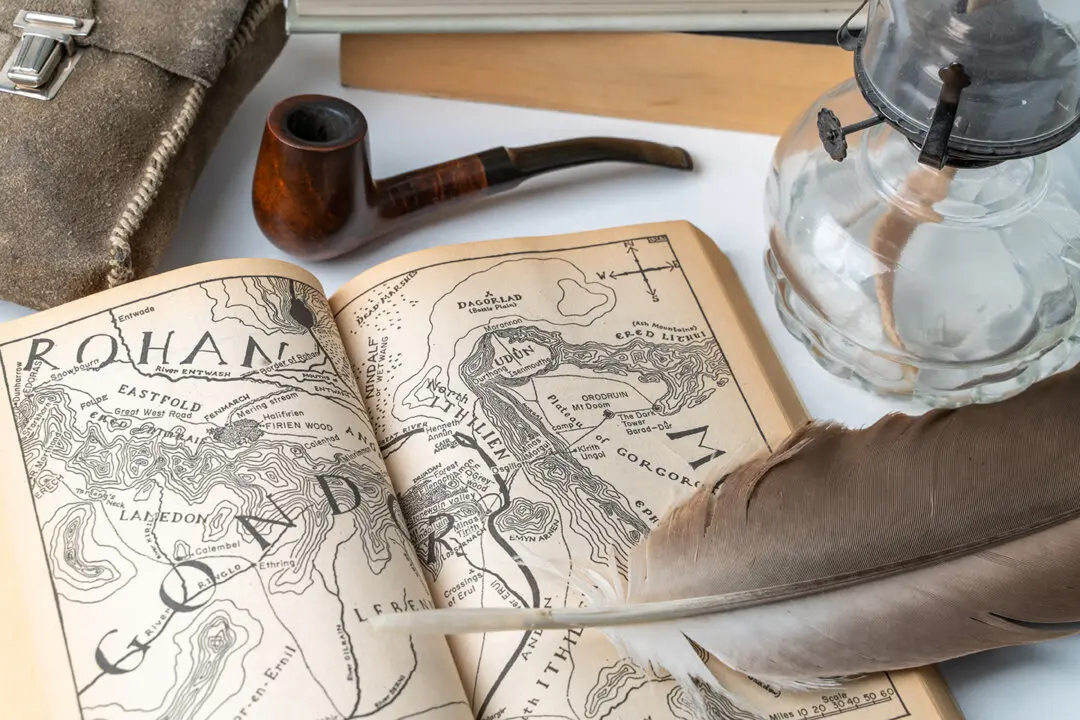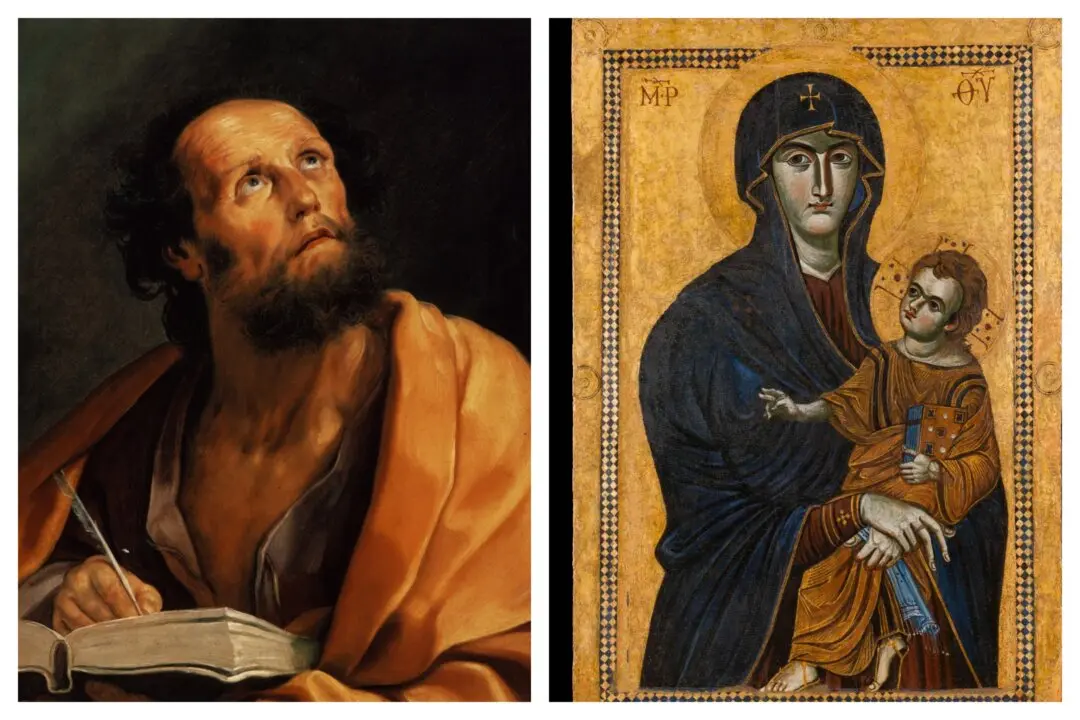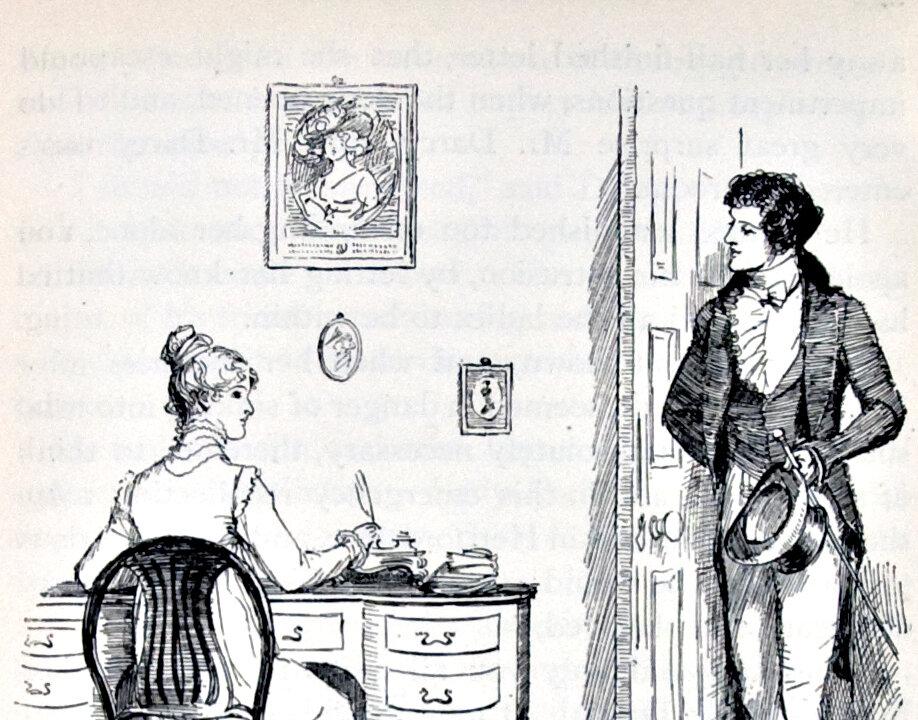Lo! I am come to autumn, When all the leaves are gold; Grey hairs and golden leaves cry out The year and I are old.
In youth I sought the prince of men, Captain in cosmic wars, Our Titan, even the weeds would show Defiant, to the stars.
But now a great thing in the street Seems any human nod, Where shift in strange democracy The million masks of God.
In youth I sought the golden flower Hidden in wood or wold, But I am come to autumn, When all the leaves are gold.
In fiction and nonfiction works alike, G.K. Chesterton demonstrates a remarkable ability to present his readers with a new perspective, and to affably nudge them out of their comfortable ways of thinking into a jarring new outlook. It’s a beneficial sort of jarring, one that leaves the reader not only dazzled by Chesterton’s insight and wit but also, more importantly, inspired to examine from multiple angles those viewpoints that had been taken for granted.This capability is easily recognized in Chesterton’s longer works such as “Orthodoxy” and “The Man Who Was Thursday,” but he accomplishes the same purpose in a mere 16 lines. Published in 1900 as part of a collection of poems, “Gold Leaves” celebrates happily disappointed expectations.





